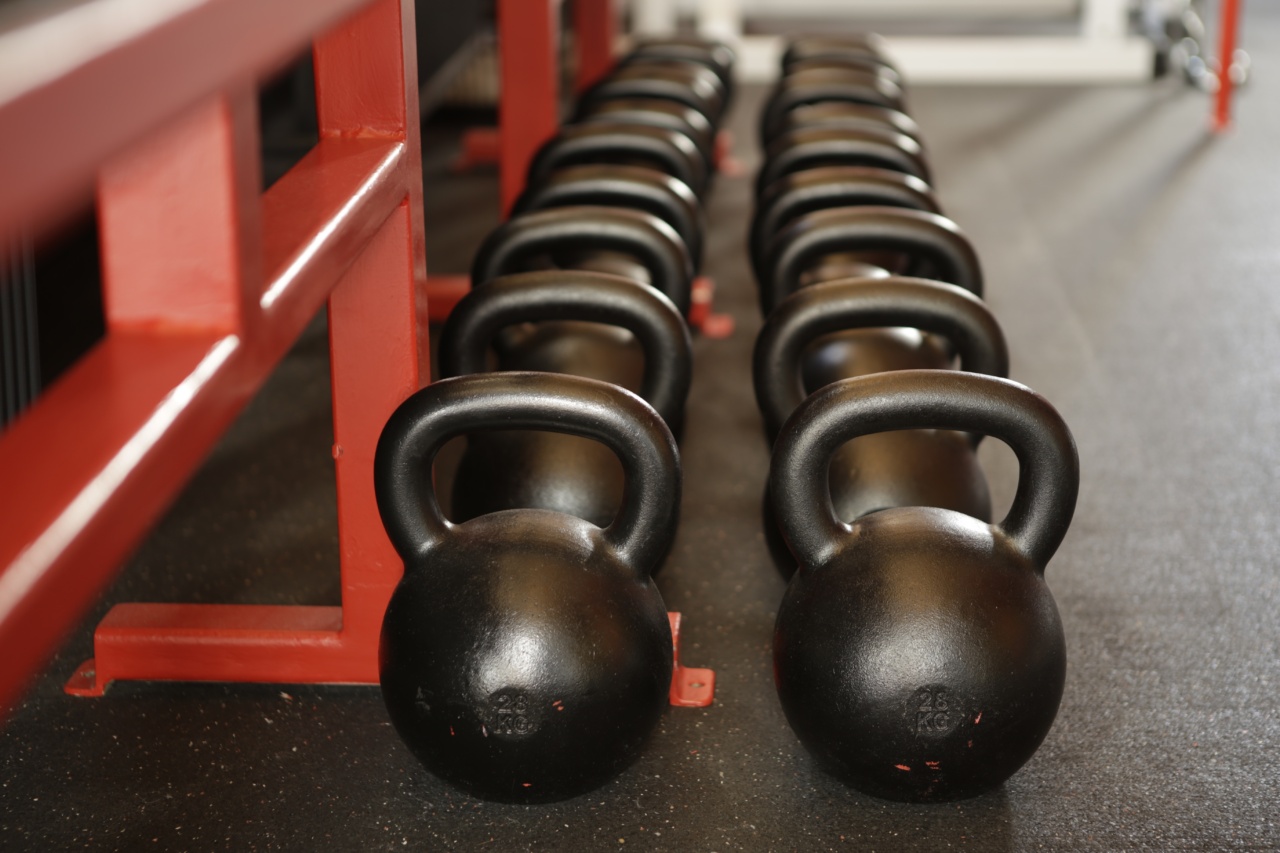Iron is an essential mineral for the proper functioning of the body, playing a crucial role in various physiological processes.
One such process is cardiovascular health, where an optimal iron status is necessary for maintaining a healthy heart and circulatory system, particularly for individuals in their 60s. This article aims to explore the effects of iron on cardiovascular health in this specific age group and shed light on the importance of maintaining appropriate iron levels.
The Importance of Iron in the Body
Iron is critical for the production of hemoglobin, a protein molecule found in red blood cells. Hemoglobin carries oxygen from the lungs to all tissues in the body, promoting oxygenation and energy production.
Additionally, iron is involved in the production of myoglobin, a protein that stores oxygen in muscles. Without sufficient iron levels, individuals may experience reduced oxygen-carrying capacity, leading to various health problems, including cardiovascular issues.
The Association between Iron and Cardiovascular Diseases
Recent studies have provided evidence linking iron levels to the development of cardiovascular diseases. High iron stores in the body have been associated with an increased risk of conditions such as heart disease, stroke, and hypertension.
Iron overload can promote oxidative stress, leading to the formation of harmful free radicals that can damage blood vessels and initiate the development of atherosclerosis, a condition characterized by the buildup of plaque in the arteries.
On the other hand, iron deficiency can also have detrimental effects on cardiovascular health. It can lead to anemia, a condition characterized by a decrease in the number of red blood cells or inadequate hemoglobin levels.
Anemia reduces the oxygen-carrying capacity of the blood, forcing the heart to work harder to compensate for the lack of oxygen reaching the body’s tissues, potentially leading to cardiovascular strain and complications.
Recommended Daily Iron Intake for Individuals in Their 60s
As individuals age, their iron requirements may vary compared to younger adults. For individuals in their 60s, the recommended daily iron intake is generally lower for men than women.
Men in this age group may require around 8 milligrams (mg) of iron per day, while women may need around 18 mg due to iron losses during menstruation. However, individual iron needs may vary based on factors such as overall health, underlying conditions, and gender.
Meeting Iron Needs through Diet
Obtaining iron through a well-balanced diet is generally the preferred approach over supplementation. Iron-rich foods include lean meats, poultry, fish, legumes, fortified cereals, and leafy green vegetables.
Combining these sources of iron with foods high in vitamin C, such as citrus fruits and peppers, can enhance iron absorption. However, it is important to note that excessive iron intake can also be harmful, so it is crucial to strike a balance and consult a healthcare professional or registered dietitian for personalized advice.
When Iron Supplements may be Necessary
In certain cases, individuals may require iron supplementation, especially if diagnosed with iron deficiency anemia.
However, self-supplementation without medical supervision can be risky and lead to iron overload, which poses its own set of health complications. It is essential to undergo appropriate testing and consult a healthcare professional before starting any iron supplementation regimen.
Factors Affecting Iron Absorption
The body’s ability to absorb iron can be influenced by various factors. For instance, certain substances, like tannins found in tea and coffee, can hinder iron absorption.
On the other hand, vitamin C and other organic acids can enhance iron absorption.
Additionally, individuals with certain medical conditions, such as inflammatory bowel disease or celiac disease, may experience impaired iron absorption and require dietary modifications or supplementation strategies to meet their iron needs adequately.
Regular Monitoring of Iron Levels
Regular monitoring of iron levels is crucial, especially for individuals in their 60s, to ensure optimal cardiovascular health.
Blood tests, such as serum ferritin levels, can provide insights into an individual’s iron status and guide healthcare professionals in determining whether any intervention, such as dietary changes or supplementation, is needed.
Conclusion
In summary, iron plays a vital role in cardiovascular health, particularly among individuals in their 60s.
While both iron deficiency and iron overload can lead to adverse cardiovascular effects, maintaining appropriate iron levels through a well-balanced diet is generally the preferred approach. It is essential to meet individual iron needs, considering factors such as gender and overall health, and to consult healthcare professionals for personalized advice.
Regular monitoring of iron levels can help prevent complications and promote optimal cardiovascular well-being.





























